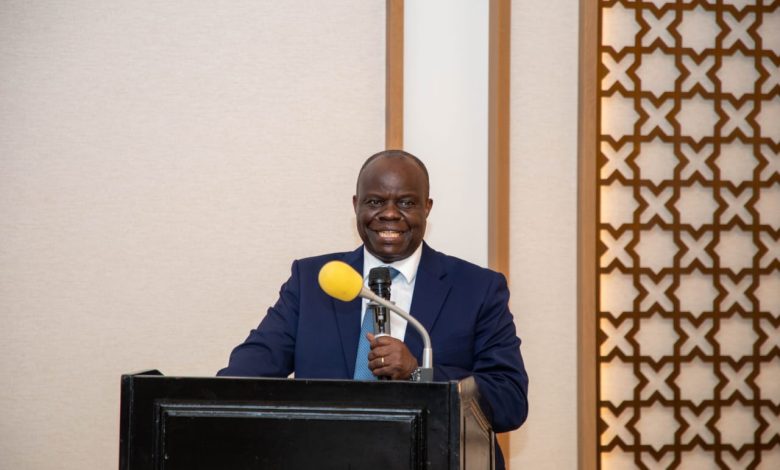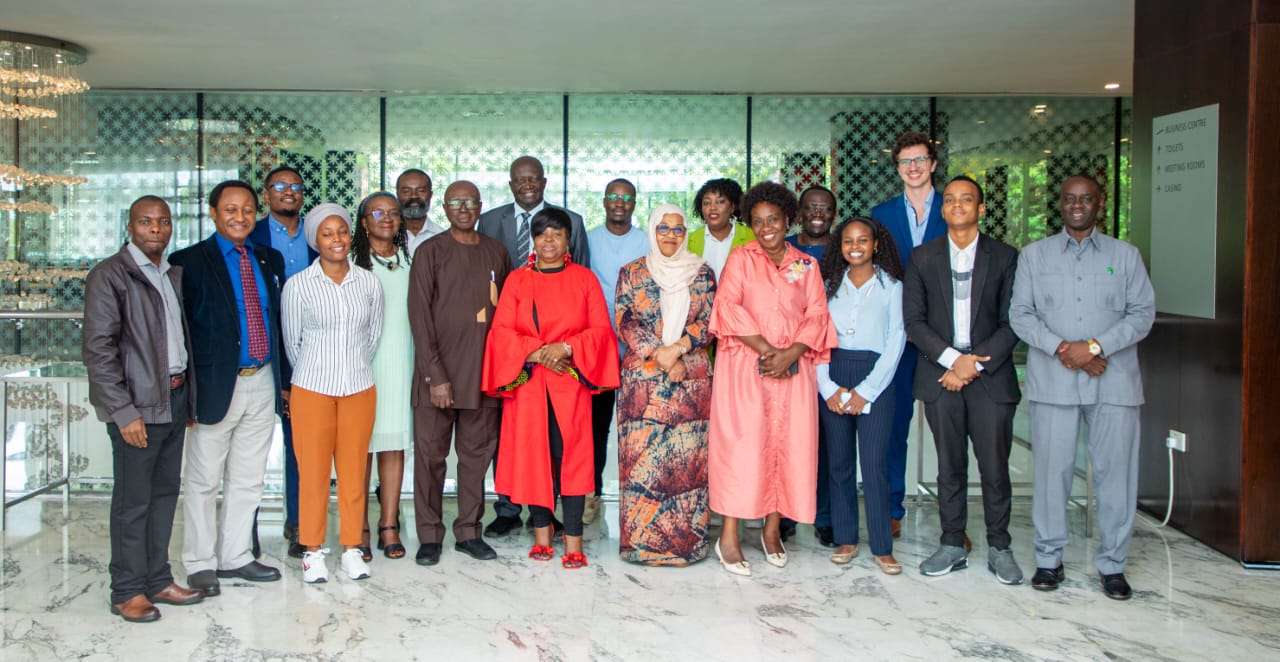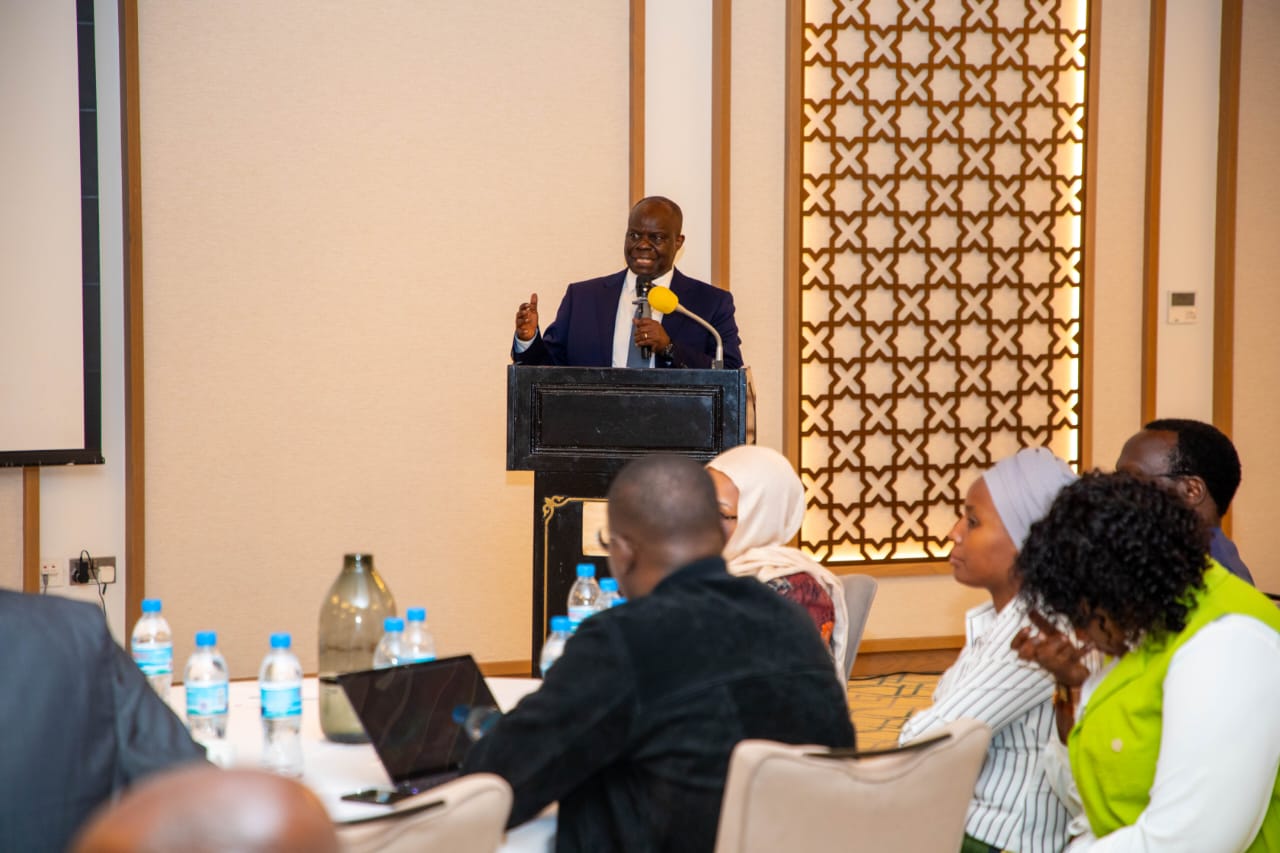TZ champions Africa’s climate priorities ahead of COP30 in Brazil

DAR ES SALAAM: TANZANIA has reiterated Africa’s strong commitment to advancing clean cooking and energy connectivity as top priorities for the continent at the upcoming COP30 climate talks, set to take place next month in Belém, Brazil.
The country is serving as the current chair of the African Group of Negotiators (AGN) on Climate Change, a coalition representing 54 African countries that coordinates the continent’s collective position in global climate negotiations.
“We are ready to discuss how we can embed the recognition of Africa’s special needs in global climate change matters,” said the AGN Chair and Special Envoy and Advisor to the President on Environment and Climate Change, Dr Richard Muyungi.
He was speaking on Thursday while officiating the closing ceremony of the UNFCCC Technology Executive Committee AI for Climate Action Forum 2025 in Dar es Salaam.

Dr Muyungi insisted that findings from the Intergovernmental Panel on Climate Change (IPCC) highlight Africa as one of the most vulnerable regions in the world due to its geographic and socio-economic conditions.
“Many African countries, particularly landlocked and geographically disadvantaged ones continue to face severe climate impacts, warranting special consideration under global negotiations,” he said.

He identified clean cooking and energy connectivity as among Africa’s highest priorities for COP30, stressing that these must be firmly integrated into the conference outcomes.
“Clean cooking is a major agenda being championed by President Samia Suluhu Hassan, who has consistently advocated for its inclusion in global climate discussions.We cannot talk about just transitions or climate justice when 960 million people in Africa still lack access to clean cooking,” said Dr Muyungi.
Meanwhile, closing the First Masterclass for Climate and Health Negotiators’ Curriculum meeting held the same day, Dr Muyungi reiterated AGN’s commitment to working closely with climate and health stakeholders such as WHO, AMREF and other partners to ensure that health remains central to climate negotiations.
“We are witnessing how climate change is directly affecting health through floods, water scarcity, rising temperatures, and shifting ecosystems,” he said.





